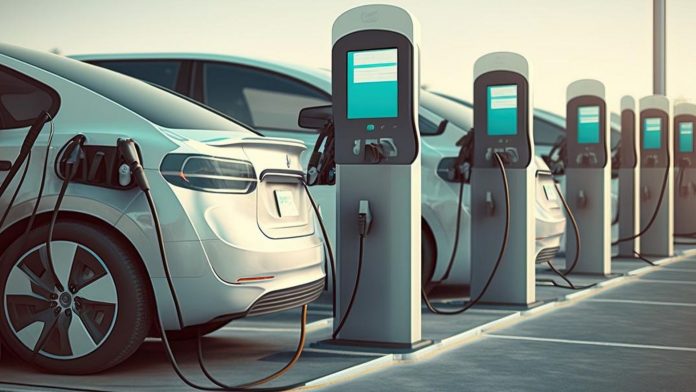The U.S. Treasury Department revealed its proposed guidance for point-of-sale discounts on electric vehicles that many consumers will be able to obtain beginning January 1, 2024.
The EV tax credits saw a significant adjustment to the customer discount due to the Inflation Reduction Act, a climate and renewable energy measure pushed by Democrats and passed last year.
According to the new proposal, new vehicle buyers who earn less than $150,000, or $225,00 for heads of households and $300,000 for married couples, may receive up to $7,500 in discounts on some plug-in EVs or fuel cell vehicles. Additionally, consumers make less than $75,000 as an individual, $112,500 as household heads, or $150,000 as a married couple; they can receive $4,000 off a used EV or fuel cell vehicle valued under $25,000.
New EVs must also fall under certain pricing limitations and adhere to specific criteria regarding their battery materials and mineral content sources. Currently, 11 electric vehicles—including the Ford F-150 Lightning, the Tesla Model 3, and the Chevrolet Bolt—qualify for the entire new car credit, while others only qualify for a portion.
According to Laurel Blatchford, who oversees the Treasury Department’s execution of the IRA, “President Biden’s Investing in America agenda is focused on lowering transportation costs for consumers and giving American car companies the tools to lead the market.”
Dealers who wish to provide consumers with the tax credit must register on the IRS Energy Credits Online website by the end of October. The IRS will verify that the dealer is licensed to stave off fraud. In January, registered dealers can submit sales data on eligible EVs and receive the credit, which Treasury claims will be passed on to consumers as a discount.



